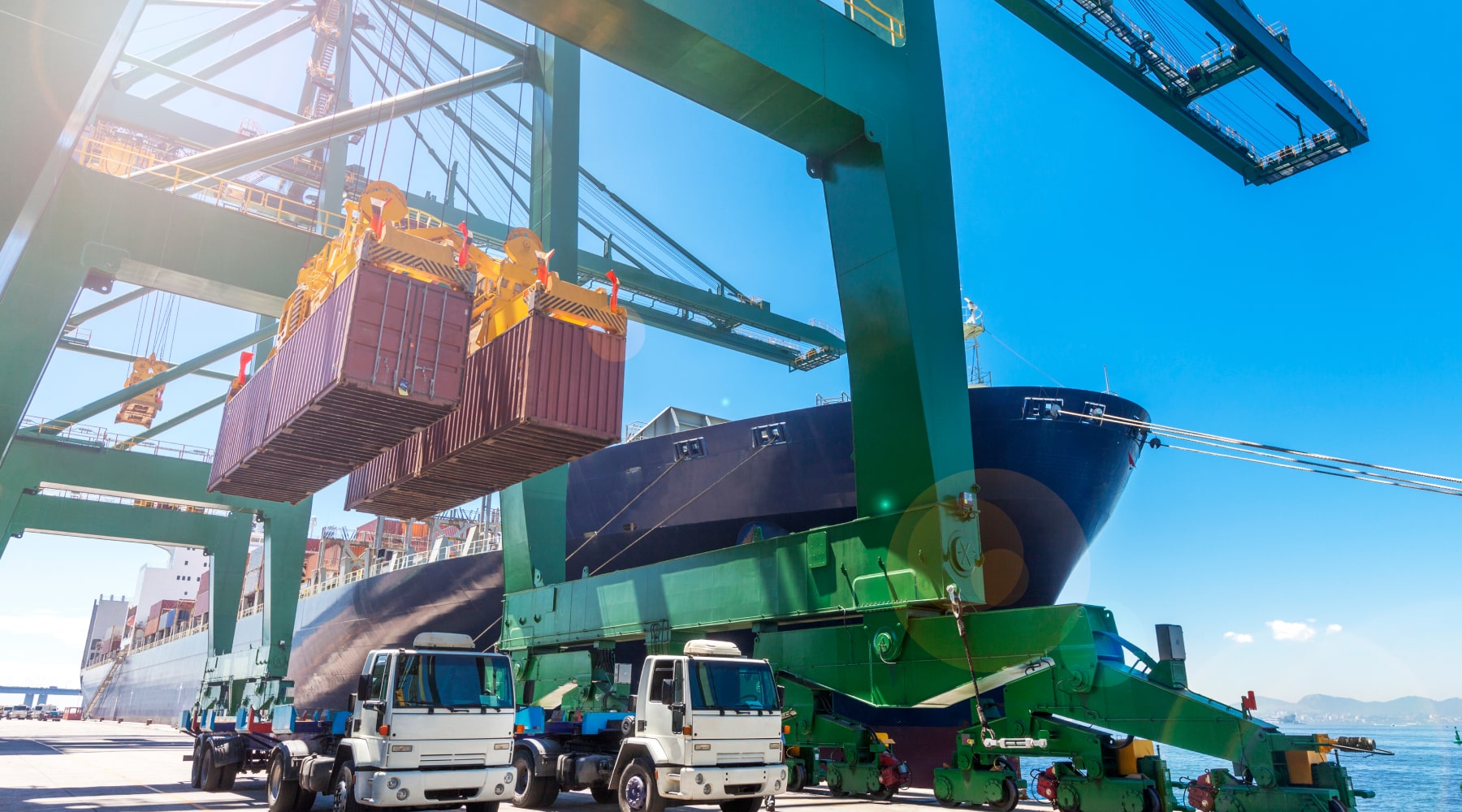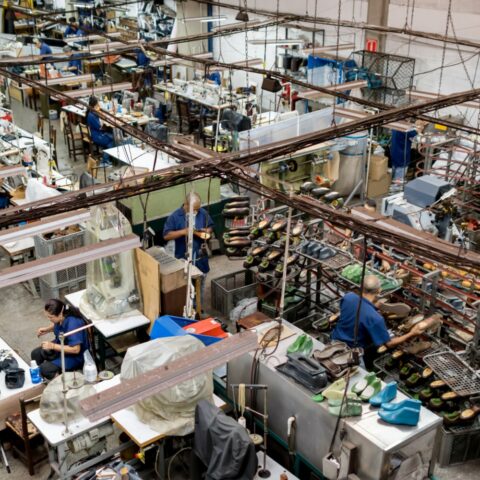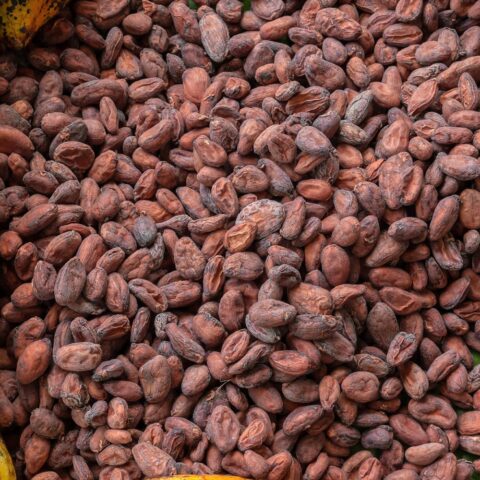The Challenge
As Brazil integrated further into global supply chains, the demand for import licences for a wide range of consumer and durable goods was doubling year-on-year. The National Institute of Metrology Standardization and Industrial Quality, INMETRO, was struggling to cope with the sheer volume of requests for everything from household appliances to toys. Traders had to use different systems to complete a licence request, which would then be vetted manually by INMETRO officials. This was creating serious backlogs, with many requests taking up to 90 days to process. The absence of comprehensive risk management also increased the prospect that potentially harmful shipments might escape detection.
What We Did
The Alliance worked with INMETRO and the private sector to introduce modern risk management and IT systems, enabling approval of fully-compliant, low-risk applications within minutes of payment and a more streamlined appeals procedure.
The project concentrated on two core objectives:
- Introduction of a risk-based system to tackle the one-size-fits all licensing treatment of every shipment, regardless of risk profile
- Integration of the licensing process into Brazil’s new Single Window, Portal Único, allowing traders a single point of contact.
The Impacts
Introducing a new system transformed the previous manual licence vetting process. As a result, average approval times fell by up to 9.5 days, or 90%, a licence for high-volume imports. Also, instead of having to obtain a permit for every shipment, a licence will typically cover multiple shipments, valid for up to four years regardless of quantity. This is expected to translate into almost 37,000 fewer licence requests a year and an average cost reduction of US$ 47 a licence, representing total annual savings of US$ 1.4 million for traders.


 Brazil
Brazil


